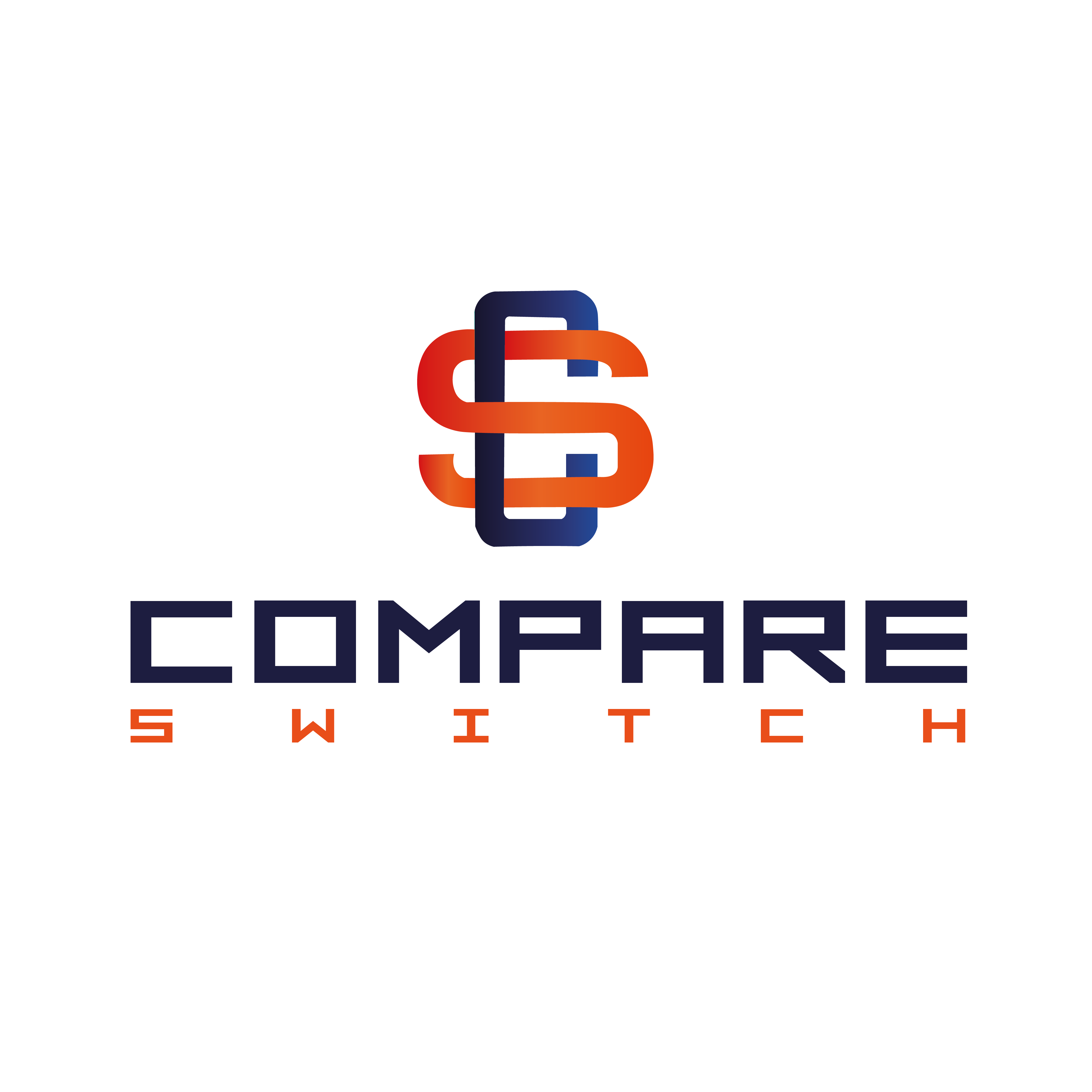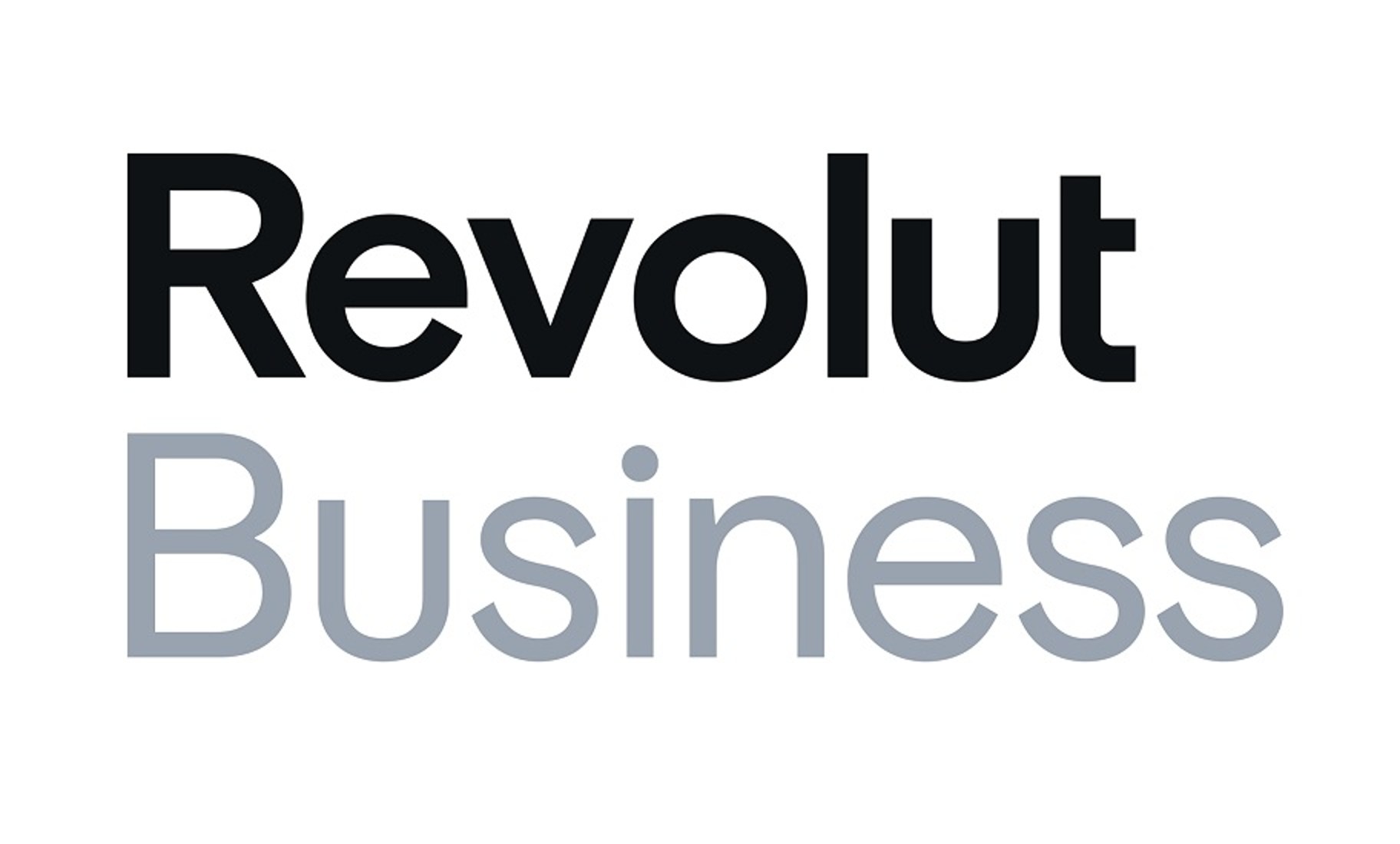Small business bank
accounts
Our Partners
We Compare business broadband with the top providers
Free banking duration
On going
Monthly fee
0
Interest
0% AER
Credit facility
Not available
Simple 5 minute application
Free banking duration
Not applicable
Monthly fee
£49.99
Interest
0% AER
Credit facility
Various credit options available
0.5% cashback on everything you spend on your Tide card
150 free transfers per month
Free banking duration
Ongoing
Monthly fee
No monthly fees
Interest
0% AER
Credit facility
Various credit options available
Award-winning business account and no monthly fees
**OFFER** 6 month free bank transfers*
Free banking duration
Ongoing
Monthly fee
No monthly fees
Interest
0% AER
Credit facility
Business overdraft available upon invitation
Simple online 5 minute application
Looking to compare the best small business accounts?
Finding the right bank account for a small business can make a real difference
- We’re here to help small businesses save money
- We support small businesses by negotiating the best deals
- We help people compare with ease
A guide to small business banking
Every small business begins with a great idea, but there is more to creating a successful business than an idea alone. From choosing a name and premises to arranging insurance and business banking, there are many aspects to consider. As a small business, choosing the right bank account is an opportunity to start putting the foundations in place for your venture.
Whether you are a start-up, an SME, sole trader or a freelancer, there are many small business banking options. Finding the ideal small business banking provider can be difficult, especially if you are unsure which features are available. To help in your search for an account, we have compiled this useful guide to small business banking UK wide.

What small business bank accounts are available
Finding an account with features which suit your businesses requirements can be a great boost for your business. Whether you require a basic free account or a paid account with premium features, there are great options available. To begin, decide how you want your business banking to be run and how you would prefer to bank. There are three main business banking channels, in branch, online and by telephone. There are some banks which offer all three, whereas some choose to offer a specific banking channel or two.
Banking with high street branches
Traditionally business banking was completed within local branches. This service is still provided by both the large and some smaller banks, with many businesses relying on their services. If your business needs to visit a branch to pay in cash, it may be worth opening an account locally. Think about branch opening times, location, counter services and any business advice they provide, when comparing business banks.
Small business online banking
As more people look for a 24/7 banking service, banks are looking for ways to meet their requirements. In many situations this is via online bank account access through websites and mobile apps. The high-street banks offer online banking, however not all small banks provide online account access.
An increasing number of challenger banks are opening, which specialise in providing an entirely online small business banking service. If visiting a high street branch is not important to your business, there may be advantages when opening an entirely focused online business account. You will be able to access your account from your home, office or while on the go via your mobile. The only requirement is that you have a strong internet connection, Wi-Fi access or mobile data in order to connect.
Many of the online banks understand that businesses need account services from time to time. With some banks it is possible to access business banking counter services through your local post office. By comparing options, you will be able to find the best online bank for small businesses.
Small business telephone banking
If you prefer to conduct your business banking away from the internet, telephone banking is another option. Almost every bank offers telephone banking, which enables you to call and manage your account over the phone. This type of service is often available outside of normal working hours, which is ideal if your business requires flexible account management.
What are the benefits of small business banking?

If your business is a limited liability company, you will be legally required to open a business account. This is because you are considered a separate person to the business, so your finances cannot be combined.
If you operate as a sole trader, the decision to open a bank account is completely up to you. You can legally use a personal account for business transactions, although business banking will provide a range of benefits.
Simple accounting through business banking
If your personal and business finances are mixed, it can make it difficult to separate and understand the transactions. When submitting your accounts for tax purposes, a separate business account will be simple and quick to process.
Small business banking terms and conditions
Although the service provided by your personal bank may be ideal, you might not be able to use the account. Within their terms and conditions, the bank could state that the account cannot be used for small business banking. If you attempt to use your bank for business transactions, the bank could close your account.
Your business will appear more professional
If you are trading using a business name, you will already appear professional. However, when clients need to pay, an account with your personal name can appear unprofessional.
Small business saving accounts
If you are looking to open a business account, it is also worth considering a savings account. A business savings account can provide great financial benefits. For example, an easy way to save for a large purchase, create a financial cushion or save for expansion costs.
What is the best bank for small businesses?
The best small business bank account is the one which most closely matches the requirements of your business. The main difference which you will notice between a personal account and a business account is the expense. It is quite common for banks to charge a monthly fee for their business accounts.
However, as a small business, this fee is often waived for an introductory period. Depending on the bank, you may also be charged a fee for certain transactions. The best business account for small businesses will be the one with the lowest charges for your regular transactions. For example, some accounts will provide free online payments, but charge for cheque and cash transactions. In these situations, if your business handles many cash and cheque transactions, an alternative bank may be more suitable.
You should also consider how you prefer to bank, as not all banks will provide the services you require.
although many offer support teams and 24-hour account a
For example, if being able to bank online is the most important factor, you may not require a high-street bank. Instead, an online small business banking provider with a great website and app may be ideal. However, if you prefer speaking to a cashier in person, you may need a traditional bank in a nearby location.
It is common for banks to offer different benefits, influencing your decision on which is the best small business banking option. For example, you could access free business advice, interest on credit balances and free accounting software integration. By comparing options, you will be able to open an account with the best benefits for your business.
Small business banking reviews are also something which you should read before opening a small business current account. There are many independent reviews online which will give you a great insight into the service offered by banks.
access. It is also possible to benefit from low-interest rates on balances, which is ideal if your account is rarely using its overdraft.
Although you are likely to pay for your service eventually once your free banking period ends, there are some features which you will benefit from. There are some banks which provide free extras as part of their paid accounts, such as free accounting software.
Small business bank account comparison?
We understand how difficult it can be to search for the ideal bank account, so we have developed an easy to use comparison tool. Our small business banking comparison service will help you compare deals, whether you are opening your first account or switching. There are many good banks for small businesses and we’ve partnered with those offering great benefits and competitive fees.
Are you looking for a small business bank account with no fees or an account offering several premium features? Simply select your preferences using the ‘refine search’ and we will provide you with a list of matching accounts. Our list of potential accounts makes it easy to compare monthly fees, key features and the length of free periods. Once you have chosen a bank, follow the link to their website, where you will complete the application process.
How to open a small business bank account?
Once you have made a decision, opening a small business account is a straightforward process. If you open an account with a traditional bank, you will need to make an appointment to provide your documents. However, it is often possible to begin the application online, which will speed up the process. If you open an account with a challenger bank, you can open a small business bank account online or via their mobile phone app. This is ideal if you are not located within easy access of a traditional high-street bank.
Whichever bank you choose for your business banking, you will need to provide the following information:
- A passport, driving license or national ID card, to prove the identity of all company directors
- National Insurance number
- A bank statement, utility bill or council tax statement, to prove your address
- Contact details
- Company name and registration number, along with details on its incorporation; limited company, partnership etc
- An estimate of your annual turnover

Find the best business bank accounts for small businesses today!
If you are searching for the best business bank account UK wide, we are here to help. As the number of business bank providers rises, there are an increasing number of options, benefits and deals available. As business owners ourselves, we understand your requirements and have teamed up with the leading providers. We are here to help you compare options and find the best account for your small business.


